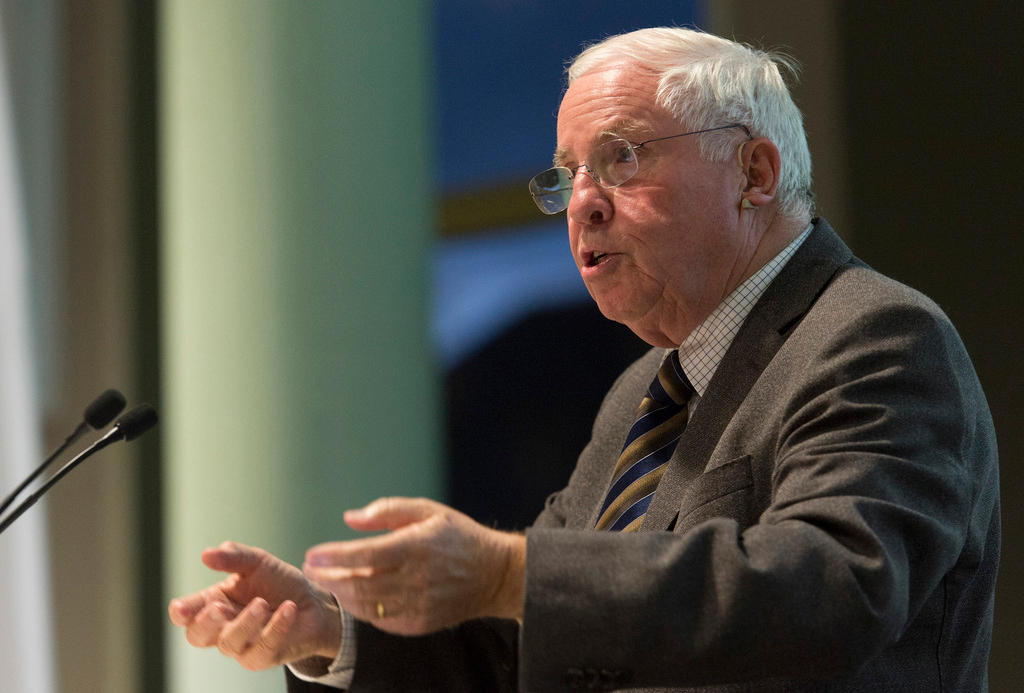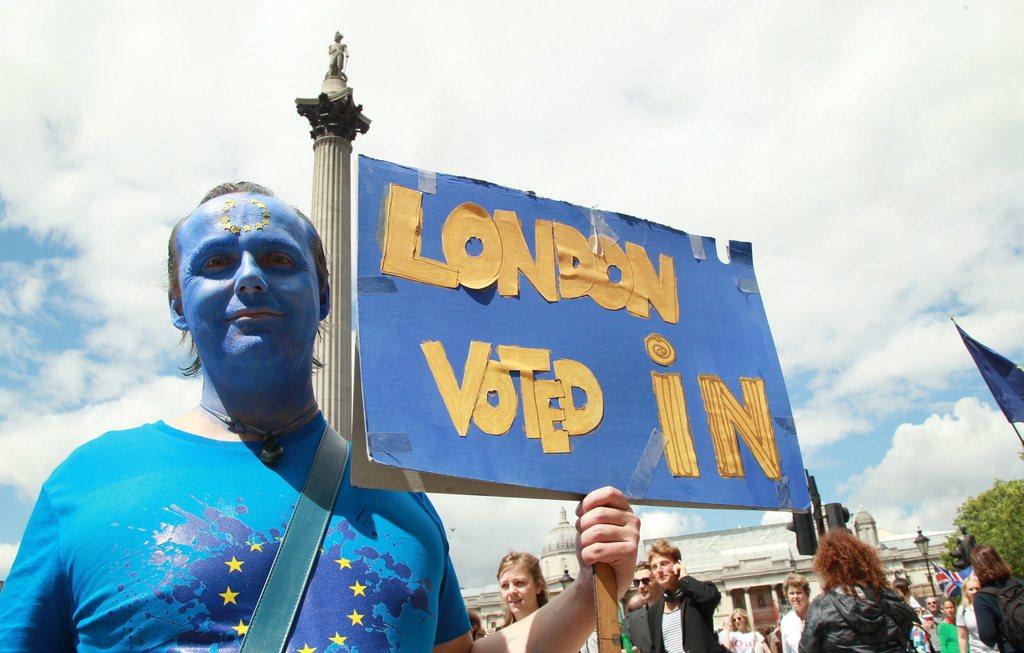Sommaruga admits major EU concession is ‘unrealistic’

A proposal to give preference to Swiss job hunters over foreign ones has been welcomed by Justice Minister Simonetta Sommaruga and Economics Minister Johann Schneider-Ammann. The cabinet is currently trying to work out how to implement a vote calling for quotas for EU workers without angering Brussels.
In an interview with the NZZ am Sonntag, Sommaruga said that if employers established an awareness “of looking to fill open jobs first of all with suitable workers from Switzerland, immigration could be reduced”.
She believed that this plan for prioritising local workers over foreign ones was compatible with the free movement of people – one of the central tenets of the European Union which Brussels insists on and which Switzerland sign up to in 2002 as part of a package of bilateral accords.
A parliamentary commission on Friday rejected the government’s threat to impose unilateral quotas on foreigners in February – which it said would violate free movement and put at risk Switzerland’s bilateral treaties with the EU – in favour of a compromise based on a hiring preference for local people.
All the main Swiss political parties back the compromise apart from the rightwing Swiss People’s Party, which insists that quotas must feature in the implementation of the February 2014 immigration initiative, when 50.3% of Swiss voters backed limits on the number of workers allowed into Switzerland from EU and EFTA countries. The suggested measures, it says, “blatantly contradict” the will of the people.
Whether Brussels agrees that prioritising locals is compatible with free movement remains to be seen. But Sommaruga stressed that the cabinet still wanted to reach an amicable and mutual agreement with the EU.
However, she admitted that a “major concession” from the EU had become “unrealistic” following Brexit, when 52% of British voters decided on June 23 to pull Britain out of the EU.
‘Interesting’
Schneider-Ammann, who holds the rotating Swiss presidency this year, will meet Jean-Claude Juncker, president of the European Commission, on September 19 for further talks.
In an interview with the SonntagsZeitung, Schneider-Ammann described the direction taken by the parliamentary commission as “interesting”.
“The multistage approach follows the constitutional obligation of managing immigration but without violating the free movement agreement,” he said.
He hoped immigration could be significantly reduced as a result.

In compliance with the JTI standards
More: SWI swissinfo.ch certified by the Journalism Trust Initiative












You can find an overview of ongoing debates with our journalists here . Please join us!
If you want to start a conversation about a topic raised in this article or want to report factual errors, email us at english@swissinfo.ch.